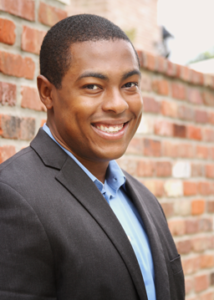Select an item by clicking its checkbox
Over the past few years, I’ve come to cherish the opportunity to observe others teach. Teaching my own courses, I don’t get the chance to do this as much as I would like, but it’s one of my favorite parts of the profession. I love a good ...
I don’t recall ever meeting anyone who sought out their own trauma. Those most prepared for the causal event were still caught unawares. As I’ve said before, trauma insists on passivity. That’s why I am a bit weary of valorizing people who did the so-called right thing ...
I’ve been in higher education just long enough to warrant a sense of déjà vu. My lips and tongue stretch in a pattern too familiar for comfort. My ears know the buzz of silence that follows the words now oft spoken. Despite the lack of novelty, every time ...
Perception is among the first points of impact in a traumatic event. How we see ourselves, the world, and our options can radically change. Sometimes our perception alters our reality. Sometimes our new reality necessitates a change in our perception. Either way, the world doesn’t seem the same when ...
Trauma is like a mirror that we don’t want to look into. It captures us at our worst angles. It accentuates what we want minimized and overlooks what we wish to be prominent. In trauma, we see projected the unwanted aspects of our realities in such a startling way ...
